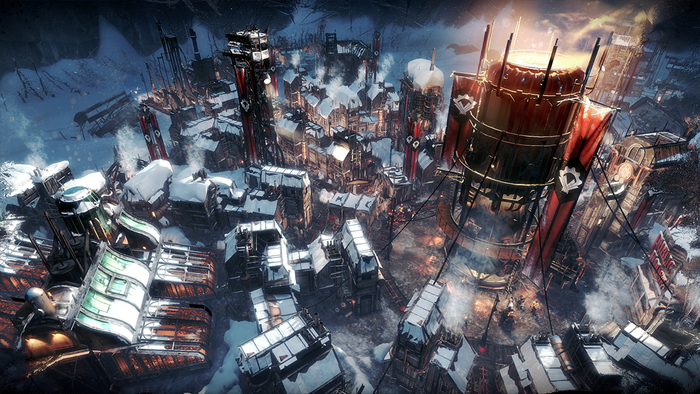Will Wright (The Sims, SimCity) explained how "perspectives are more valuable than solutions" in a fascinating talk during the closing hours of the Game Developers Conference 2010 on Saturday.

When Will Wright looks at the world, he sees it differently than most people. He observes systems, he analyzes layers and he notices patterns in the most seemingly normal, every day things. "It's an affliction," he said at Game Developers Conference 2010 in a secret talk originally billed as by 'Phaedrus' on Saturday. "Every time I see something, I deconstruct it. ... But it's fun." Wright began his career in games as an independent, a "renegade" whose first game was Raid on Bungeling Bay. He later founded the original Sims studio Maxis where he adopted a more office-like mindset, and when Electronic Arts acquired Maxis in 1997 he became further ingrained in corporate culture. But now that he's founded Stupid Fun Club, he's getting back in touch with his roots. "I feel like in my career I'm swinging back towards the experimental." And he says he's happy about it. During his talk, Wright essentially deconstructed not only the games industry, but the role of entertainment in general. When viewing the industry, he's not necessarily coming up with a definitive answer to problems, but acting more as an observer, and acting upon the observations that he makes. "Perspectives are more valuable than solutions," Wright said. From Wright's perspective, games are already strengthening their ties with player's social habits and brains in general. "We're going to start moving deeper into the brain, into the perceptual realm," he said. "...I think that games will be able to absorb what we're doing, then evolve to fit us." In this way, real and virtual worlds are becoming less distinct. Wright said he feels like as the two continue to blend together, in recent years, there is less of a tendency to draw a line between the two. "I think the value that we place in these worlds is changing," he said. Overlap is also occurring in the entertainment industry, which is traditionally separated into a few primary silos like film, books and movies. "The interesting stuff is [happening] in the intersections of these established fields," Wright said. Make It Seem Game-Like People and corporations trying to make a buck are becoming increasingly aware of the power of play. Wright said somebody is constantly asking how to make _blank_ more "game-like," whether it's exercising, homework or tax preparation. It's a phenomenon that he called "MSG," or "Make it Seem Game-Like" -- make it like a game, and it'll be great is the perception that people now have. Kids are especially adept at naturally using play as a way to learn about the world and establish perception. When playing with Thomas the Train for example, they learn about the mechanics of the toy like the wheel and axle, they learn about the linear narrative of a Thomas the Train book, and they even become aware that this toy train has real-world representations in myriad types of trains. "Games and play have this very symbiotic relationship. ...When kids play, it's the scientific method," he said. Cambrian Explosion The games industry is in a period that has a very diverse array of platforms that service a wide range of demographics. Even the most specific genres, like PC horse-raising games for young girls in Germany, can be penetrated quite deeply, Wright said. "We're in the Cambrian Explosion in the games industry," Wright said. "...All of the platforms are kind of exploding before our eyes." While this offers a lot of opportunities, it's as risky of a business as ever. Part of that difficulty comes from the fact that the industry, and technological and social progression in general, is increasingly a guessing game. "In some sense the future is becoming less and less predictable every year," Wright noted. "It's kind of like having an Easter egg hunt in a mine field," he said.
Read more about:
event gdcAbout the Author(s)
You May Also Like







